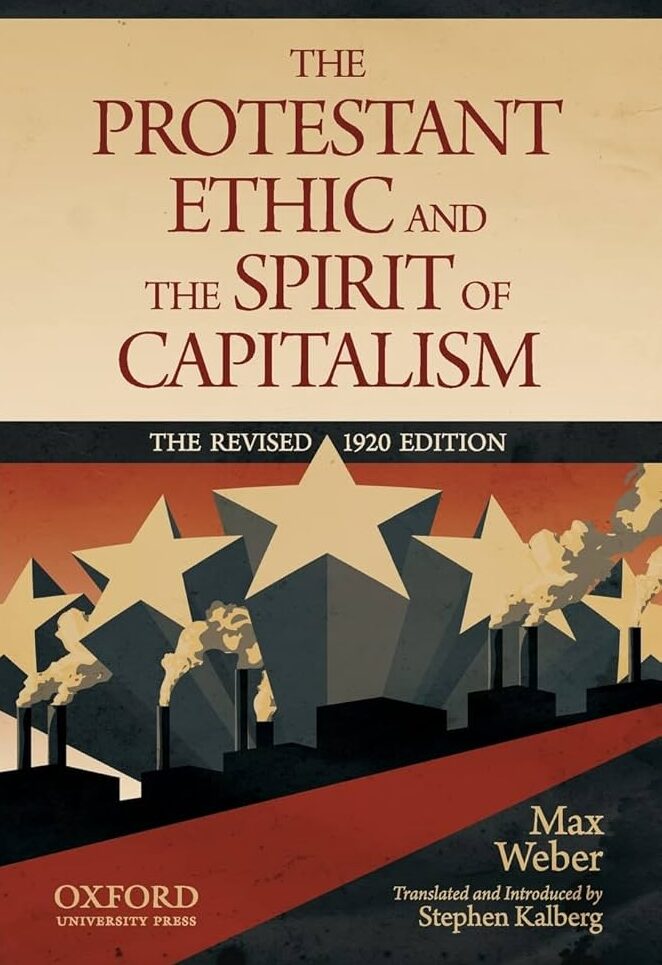
Max Weber's The Protestant Ethic and the Spirit of Capitalism is one of the foundational works of sociological thought, playing a pivotal role in the development of modern social theories. This text stands out for its rare interdisciplinary approach, linking the spheres of economics, religion, and culture—an uncommon method in the social sciences of the 19th and 20th centuries. Weber’s research aims to uncover why rational, organized, and goal-oriented capitalism developed in Western Europe rather than in other regions of the world, where rich commercial and financial traditions also existed.
Weber’s argument is based on the claim that the development of capitalism was not solely determined by technological progress or natural resources, but also by specific religious beliefs and ethical values. He particularly emphasizes the influence of Protestantism—more specifically, Calvinism—on the formation of the modern economic order. The author argues that the Calvinist belief in “predestined salvation” led to the view that only the elect were destined for the Kingdom of Heaven. This belief encouraged individuals to demonstrate their “elect” status through disciplined behavior, diligence, and morally justified material success.
In this way, the Protestant ethic redefined the meaning of labor: work was transformed not just into a means of subsistence, but into a spiritual calling (Beruf). Economic success was seen as a sign of God’s grace, while idleness was considered sinful. Under such conditions, a culture of rationalized, organized labor emerged, which in turn fostered capital accumulation, investment, and market expansion—the core foundations of capitalism.
For Weber, it was particularly important that this ethic encouraged not only labor itself but also the strict structuring and control of work. He saw a direct connection between this ethic and the rational bureaucratic organization of capitalist enterprises. From this perspective, Weber’s analysis also significantly contributes to our understanding of the emergence of bureaucracy and the modern state.
The value of this book is not limited to a historical-economic viewpoint. Weber underscores how ideas—mentalities, beliefs, ethical norms—shape the material world. He reveals how faith and culture can transform human behavior, economic institutions, and entire social structures. This perspective later inspired numerous social theories.
The Protestant Ethic and the Spirit of Capitalism remains a relevant read even today—not only for sociologists but also for historians, economists, theologians, and philosophers. It helps us understand how immaterial factors influence processes of economic and social change, and why culture is not only a consequence but also a precondition for transformation.
Weber’s work does not offer definitive answers but raises profound questions about the nature of Western civilization, human motivation, and the mechanisms through which religious belief can evolve into an economic system.